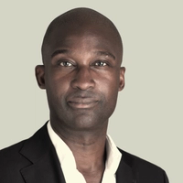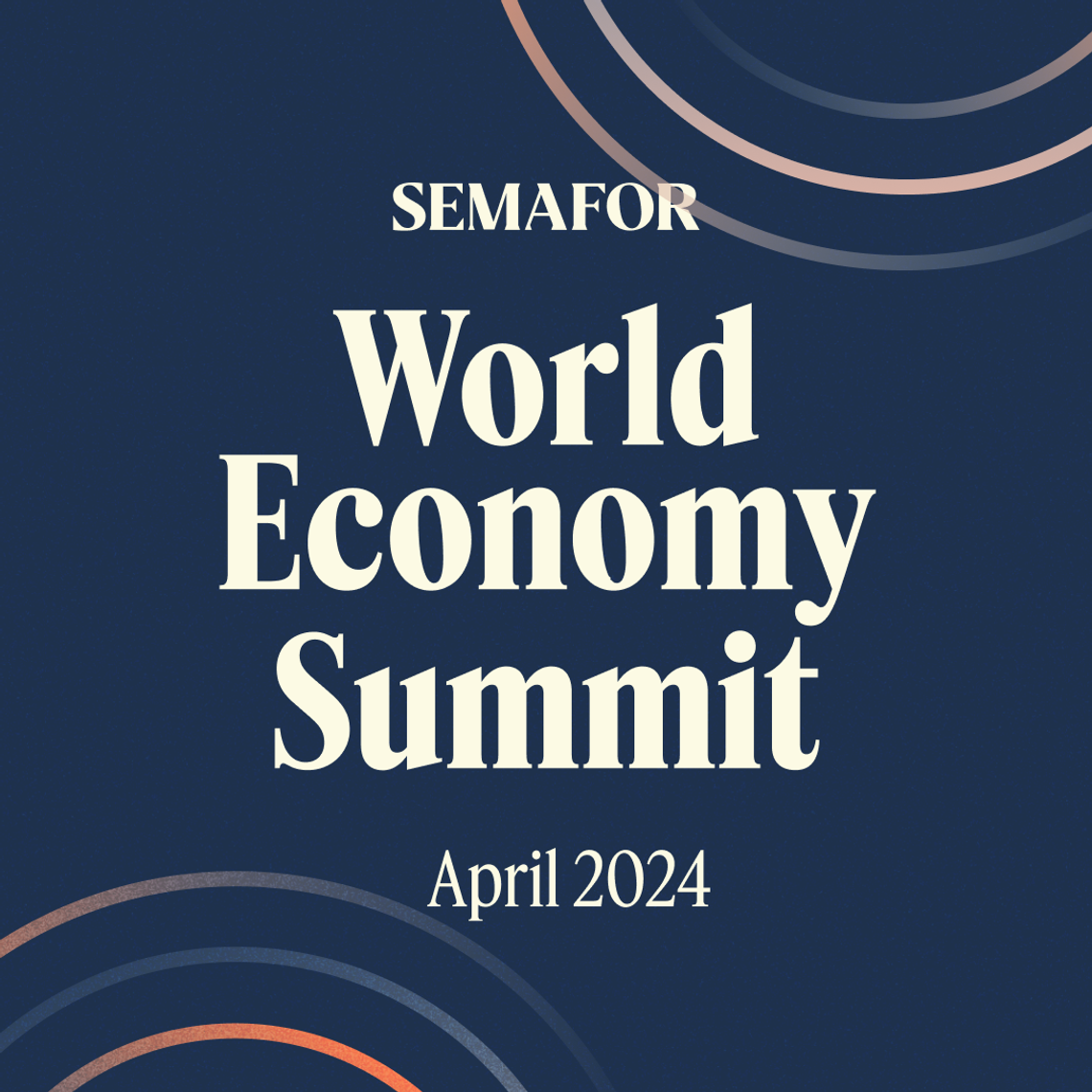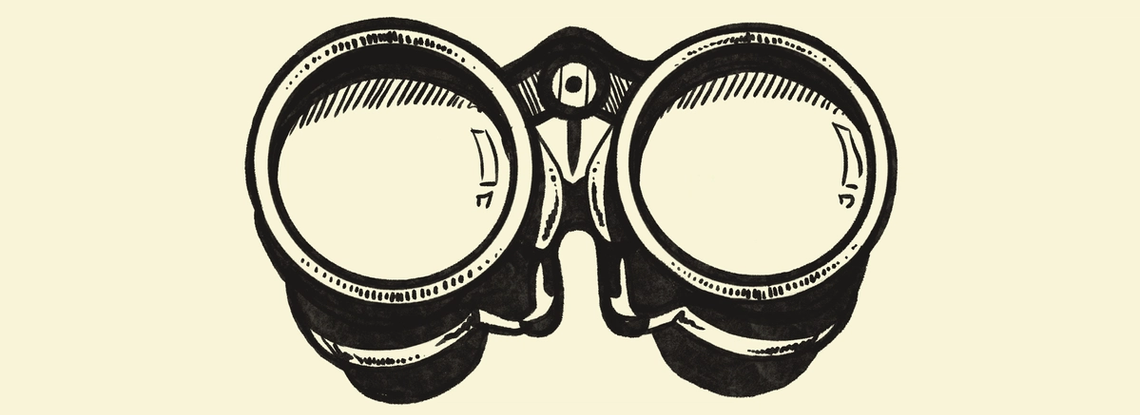 Per-Anders Pettersson/Getty Images Per-Anders Pettersson/Getty ImagesTHE NEWS RIYADH — Saudi Arabia wants to be a minerals and industrial powerhouse. Key to that plan: Africa. Riyadh aims to drastically expand its domestic mining sector but acknowledges that even with the potential riches under its soil — $2.5 trillion, by its own estimation — it can only access certain minerals at home. So, as a top Saudi official told Semafor in an interview from the kingdom’s capital, it plans to invest abroad, fashioning itself as a hub for refining, processing, and manufacturing based on raw minerals mined abroad. And its priorities include addressing a shortage of infrastructure in African countries rich in critical minerals. “Every good mine, big sizable mine in Africa, you need technology, you need schools, you need social developments, and you need infrastructure,” said Khalid al-Mudaifer, the vice minister for mining. Mudaifer pledged the kingdom would help African countries build up their capacity to refine minerals into more lucrative products, thereby capturing more of the economic value of their resources, but noted that not all countries had a robust enough local supply chain to support their ambitions. “Sometimes energy is not there, infrastructure is not there, talent, power, grids,” he said. Saudi Arabia has in recent months signed deals with four African countries to explore mining partnerships, and has held talks with the U.S. to jointly secure access to metals necessary for both countries’ efforts in the energy transition. Among Riyadh’s commitments has reportedly been to acquire $15 billion worth of global mining stakes to ensure access to critical minerals. Saudi Arabia’s ambitions come at a time when several African countries are exploring ways to process minerals at home, thereby capturing more of their raw economic value and benefiting from the global green transition. Zimbabwe last year banned exports of raw lithium and encouraged local processing, and DR Congo has stated that it wants to move up the battery supply chain by processing more minerals locally. Africa Finance Corporation, a multilateral lender, in February signed an expression of interest to provide $100 million in financing to develop a cobalt sulphate refinery in Zambia by the end of 2025. |










